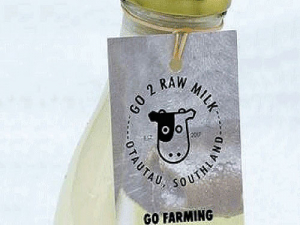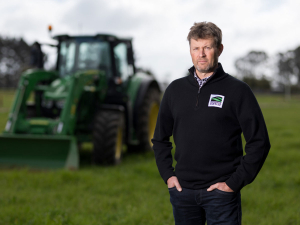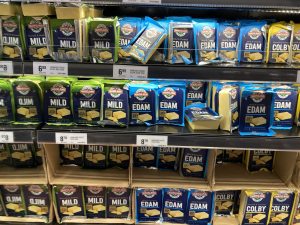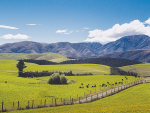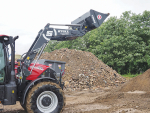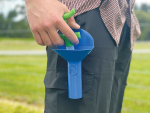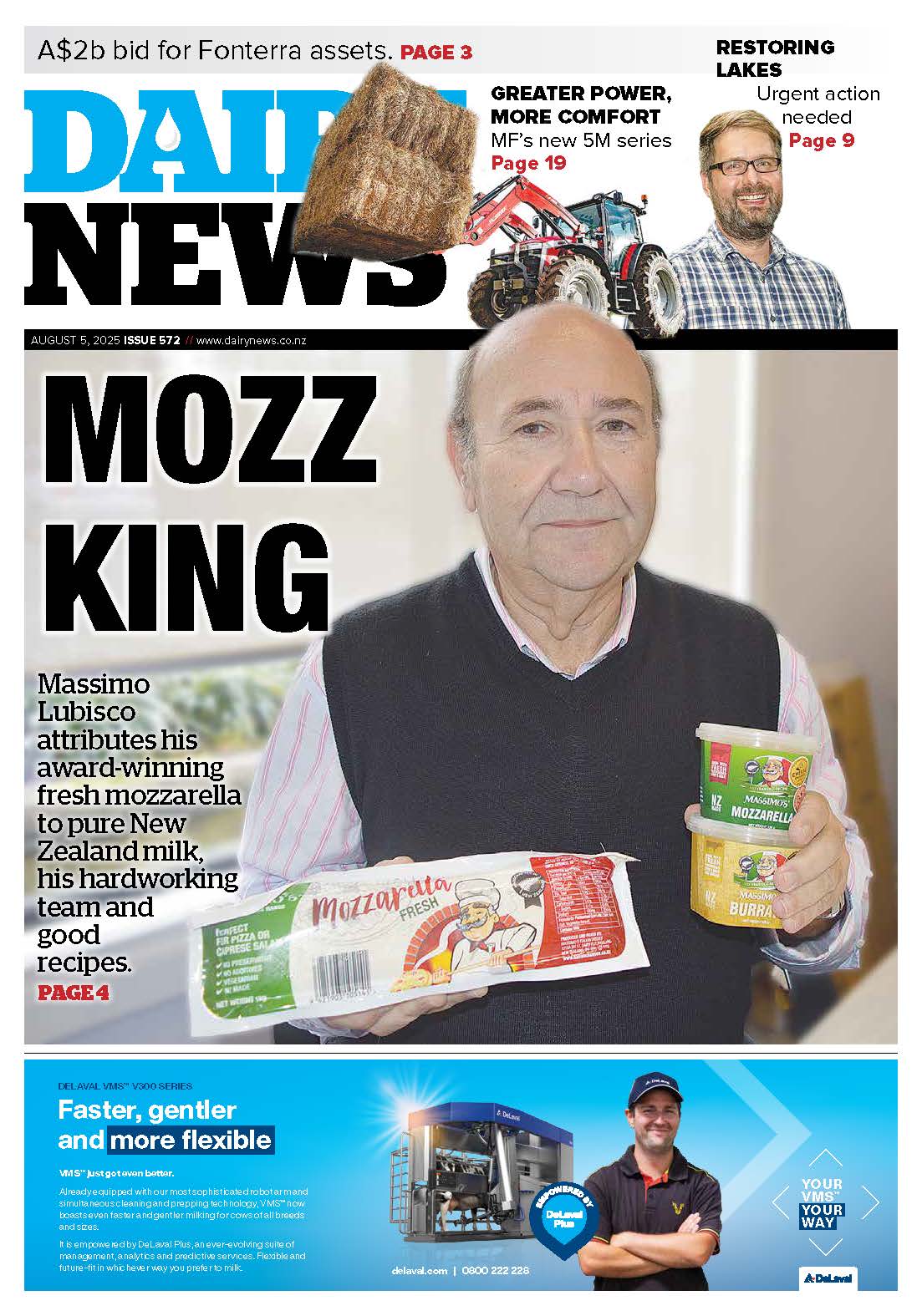The Ministry for Primary Industries announced on September 1 that Southland’s Go Farming Ltd was recalling specific batches of its Go 2 Raw Milk brand unpasteurised milk as the product may contain Listeria monocytogenes.
Batches 32, 33, and 34 with use-by dates of August 18, 20 and 21 were implicated and MPI advised buyers to discard it.
“There have been no reports of illness, however if you have consumed this product and have any concerns about your health, seek medical advice,” MPI said.
Run by the Guise family, Go Farming Ltd is based on Guise Road, Apirama, near Otautau. Their website shows it is a fourth-generation family farm, previously a sheep, beef and grain farm which was converted to dairy three years ago.
It is understood they run about 400 cows, with 25 reserved for the raw milk operation, which began only about four months ago.
Contacted by Dairy News, a spokesman was reluctant to discuss the issue but said the farm was working though MPI’s requirements. “We’re in the process of doing all that.”
A note on the website says the operation is closed until further notice.
Raw, unpasteurised milk may only be produced for public consumption by farms registered under MPI’s regulated control scheme (RCS), which applies strict conditions, primarily to milk collection hygiene. Farms may sell only by delivery or farm gate sales, direct to consumers. Go Farming delivers in 1L glass bottles to subscribers in Southland and Queenstown.
MPI emphasised that Go 2 Raw Milk was registered and is complying with regulations.
No cases of listeria had been reported, MPI said.
“As per the requirements, this operator has stopped supplying raw milk and to my knowledge is working through the process with their verifier and MPI’s oversight. Following the detection of Listeria monocytogenes in the raw drinking milk, Go 2 Raw Milk has stopped supplying raw drinking milk while they review procedures and retest the raw drinking milk.”
MPI referred to other problems reported throughout the country, associated with raw milk producers.
“Because of the way raw milk is produced and in the absence of pasteurisation, it is not unusual for pathogens to be present in this product. Raw unpasteurised milk from any animal may be contaminated with illness-causing bacteria including shiga toxin-producing E. coli (STEC), Listeria and Campylobacter. Raw milk may also be a source of tuberculosis (Tb).”
Listeria bacteria can cause an infection called listeriosis. It may cause few symptoms in healthy adults and children, but may be more severe in the very old, very young or immune-compromised, and is particularly dangerous for pregnant women, potentially causing miscarriage, premature labour or stillbirth.
Mark Houston, chief executive of Village Milk Ltd, Takaka, a raw milk pioneer which also acted as a consultancy for other producers, said MPI would be “quite pleased” that the testing regime was working, picking up the contamination before anyone got sick.
He said listeria is a commonly occurring bacteria often associated with stainless steel which, despite its shiny appearance, had microscopic pits in the surface which could harbour germs, even sometimes closing down dairy factories.
“So if the cleaning’s not up to standard then listeria can establish.”
MPI lists 25 raw milk suppliers registered under the RCS, ranging from Okaihau in the Far North to Gore and Otautau in the south.





